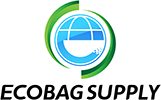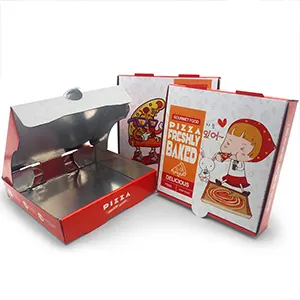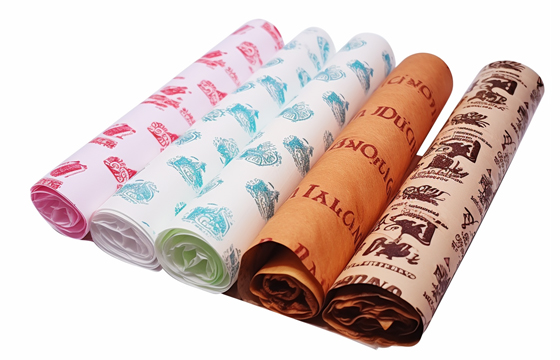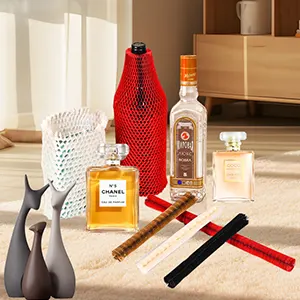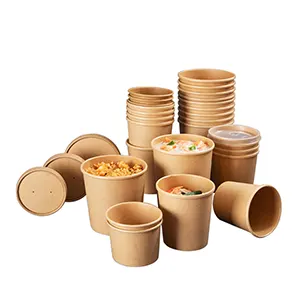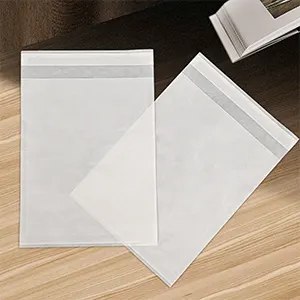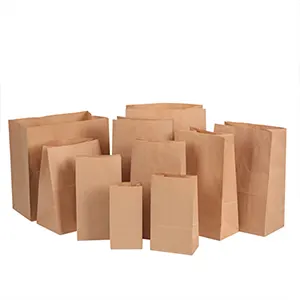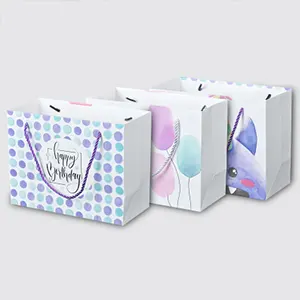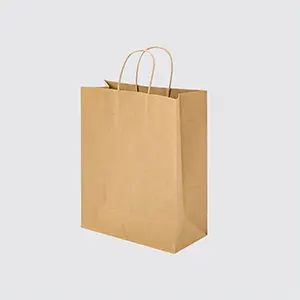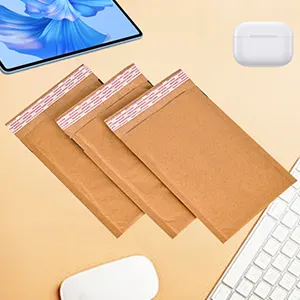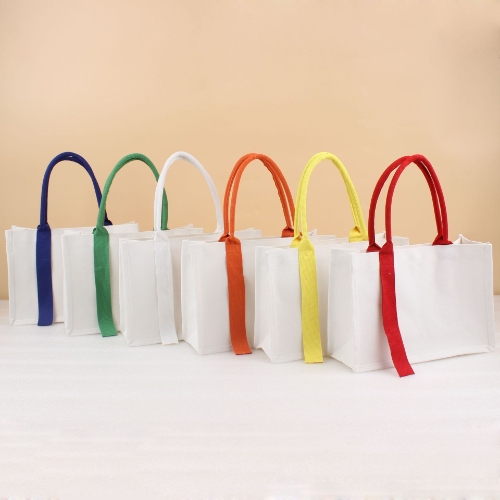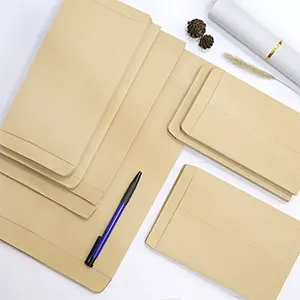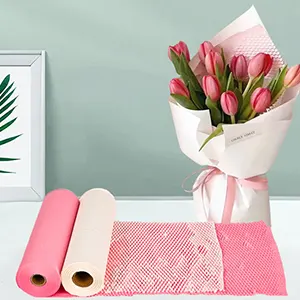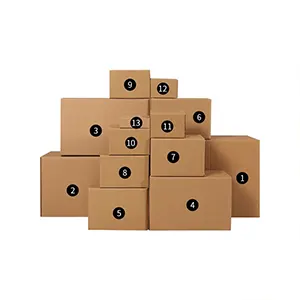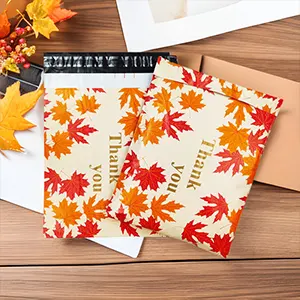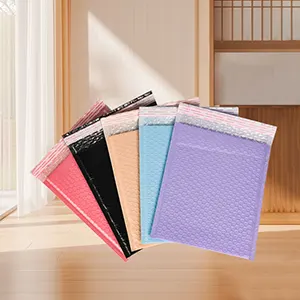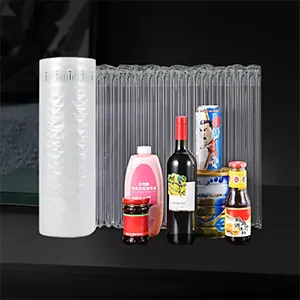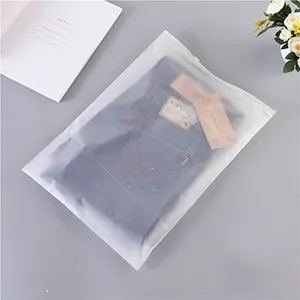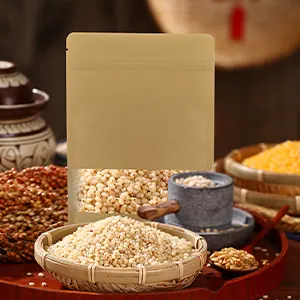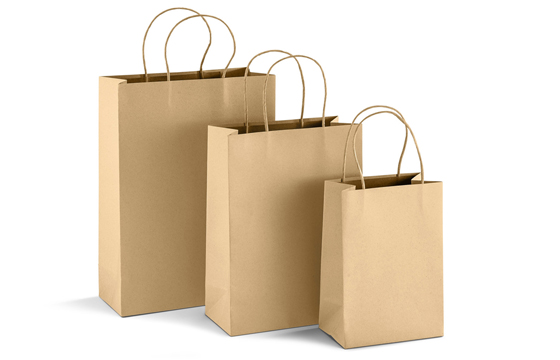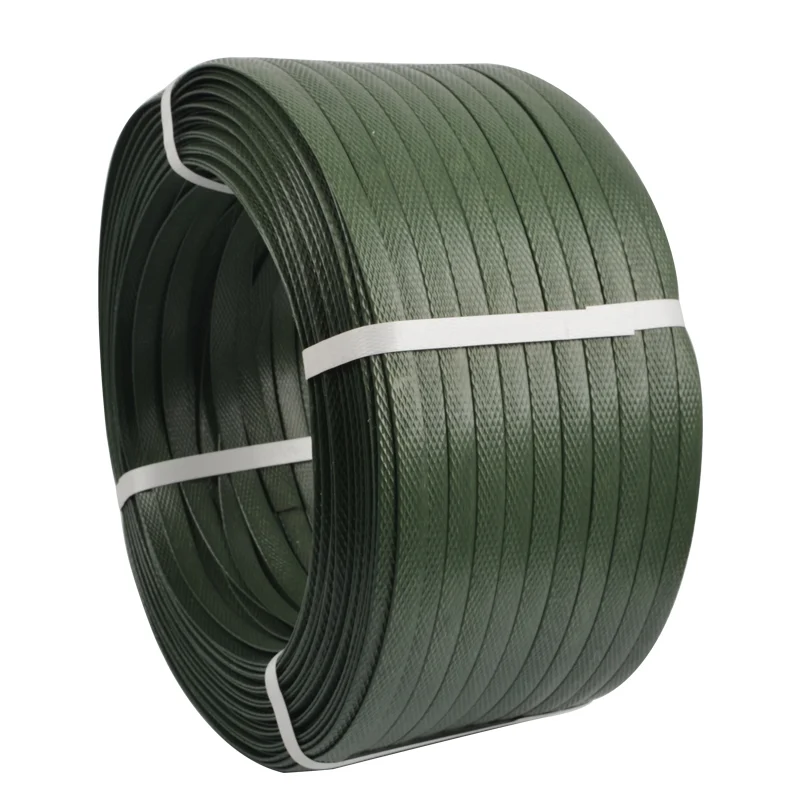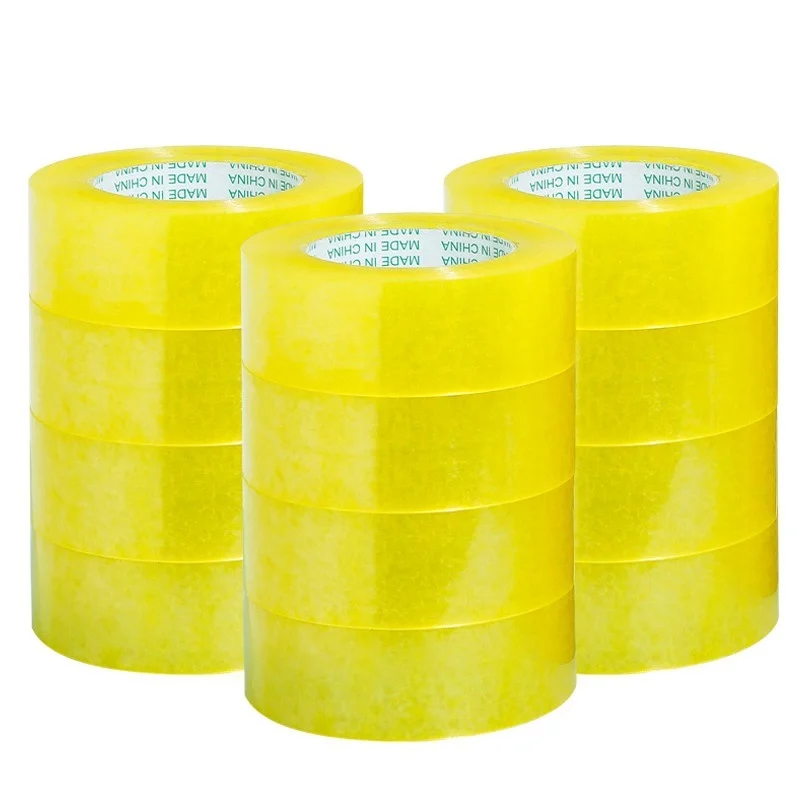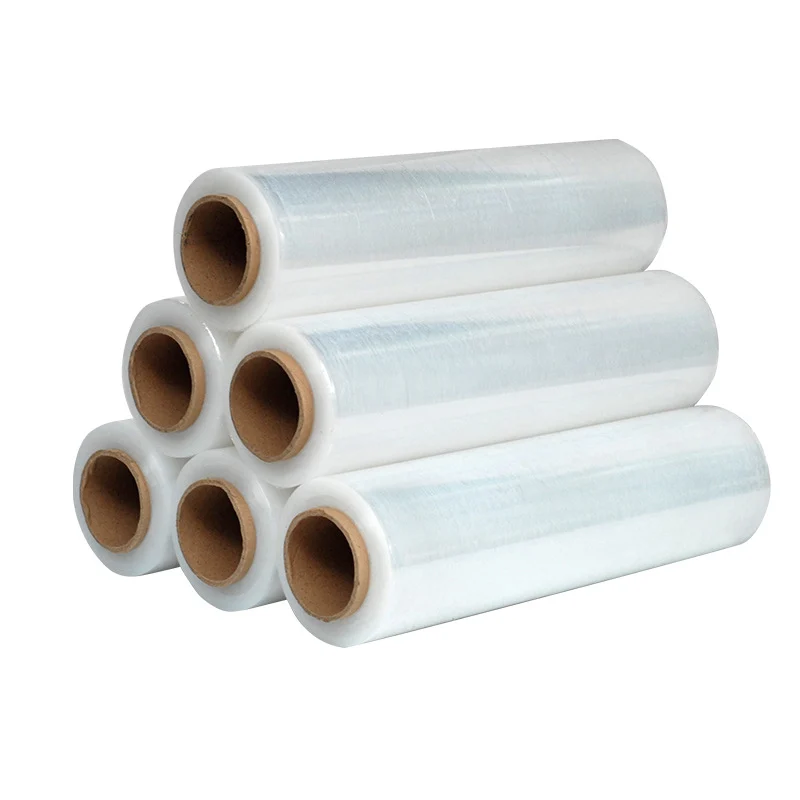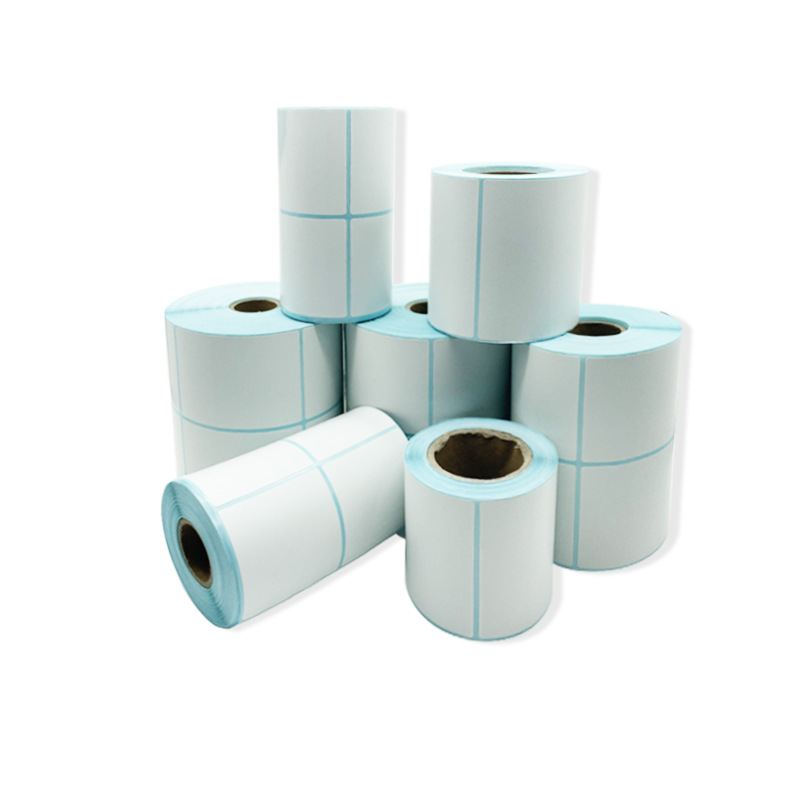Sourcing Greaseproof Paper Sheets for Cafés: A Local Guide
Sourcing high-quality greaseproof paper sheets for cafés is a critical task that lies at the intersection of branding, customer experience, and operational efficiency. For a café, the packaging is an integral part of the product. It is the first thing a customer sees and touches. The right paper can elevate a simple pastry into a gourmet treat, turn a takeaway coffee and sandwich into a branded moment, and communicate a powerful message about the café's commitment to quality. Finding a reliable local supplier for this essential item is one of the keys to building a successful and beloved café brand. This guide will provide a complete roadmap for café owners on how to source the best local options for their specific needs.
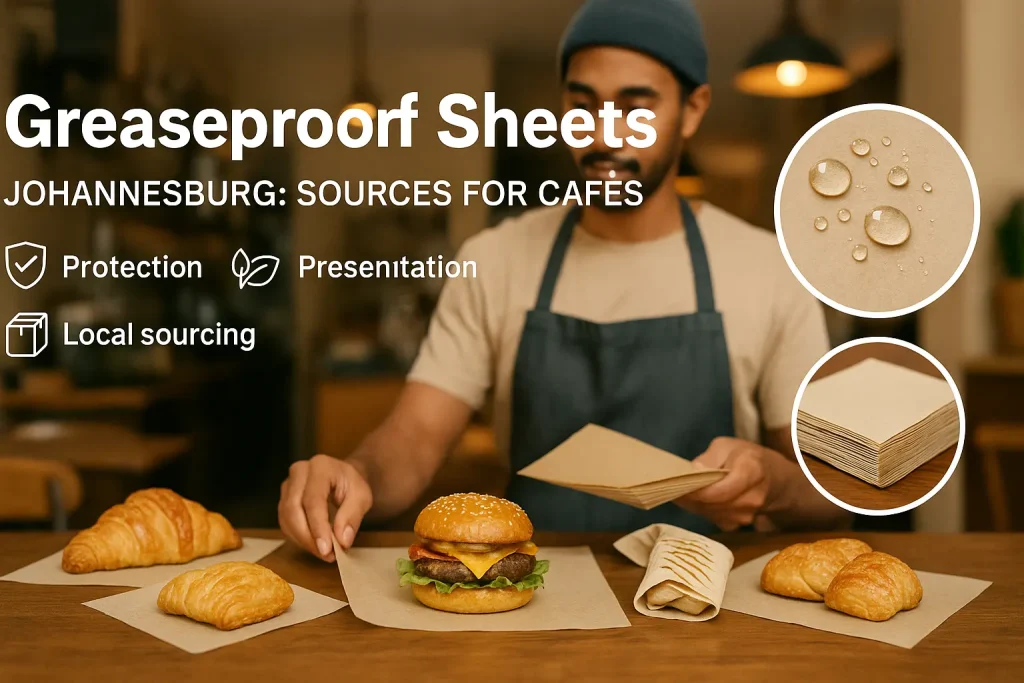
Why Cafés Have Unique Packaging Needs
A café is a unique business with a unique set of packaging requirements. Unlike a large restaurant or a bulk food producer, a café's success often hinges on creating a specific atmosphere and a personal connection with its customers. The packaging must be both functional and a reflection of the brand's personality.
The Importance of the "Instagrammable" Moment
Café culture is deeply visual. Customers love to share photos of their beautifully crafted lattes, their artful pastries, and the overall aesthetic of the café. The packaging is a key part of this visual story. A thoughtfully chosen greaseproof paper liner or a custom-printed sandwich wrap becomes the backdrop for these photos. This "Instagrammable" quality turns every customer into a potential marketer, generating valuable user-generated content that can attract new business.
Handling a Wide Variety of Food Items
A typical café serves a diverse range of items. This can include buttery croissants, gooey brownies, hearty sandwiches, and fresh salads. The greaseproof paper used must be versatile enough to handle all of these different food types. It needs to be able to resist the grease from a pastry, hold a messy sandwich together, and provide a clean and appealing liner for a slice of cake.
The Need for Both Dine-in and Takeaway Solutions
A café must cater to two different types of customer experiences. For dine-in customers, the paper is often used as a presentation tool. It might be a liner on a serving board or a placemat on a tray. For takeaway customers, the paper is a functional wrapper that must protect the food during transport. A café's chosen paper must be suitable for both of these roles.
Balancing a Premium Feel with Cost-Effectiveness
Most cafés operate on relatively slim margins. While they want their packaging to look and feel premium, it must also be cost-effective. The challenge is to find a greaseproof paper that strikes the perfect balance between high quality and an affordable price per unit. This is where sourcing from the right type of supplier becomes a critical financial decision.
Identifying the Best Local Sourcing Channels for a Café
For a small to medium-sized café, working with local or regional suppliers is often the most effective strategy. They offer a level of service and flexibility that is ideal for this type of business.
Local Bakery and Patisserie Wholesalers
A specialty wholesaler that caters to bakeries is an excellent resource. These suppliers will have a deep understanding of the specific needs of a café. They will stock a curated selection of high-quality papers that are perfect for baked goods. Their staff can often provide expert advice on the best type of paper for a specific application, such as lining a pastry box or wrapping a delicate scone.
Regional Food Service and Packaging Distributors
A general food service or packaging distributor is another great option. They will offer a wider range of products, including options for wrapping savory items like sandwiches. They are also more likely to have a variety of sizes and formats, including both rolls and pre-cut sheets. Their pricing, especially on case-level quantities, is often very competitive.
Direct from Local Printers for Custom Orders
If a café wants to create its own custom-printed greaseproof paper, working with a local printing company that specializes in food packaging is a fantastic choice. This allows for a direct, collaborative relationship. The café owner can work closely with the printer's design team to create the perfect branded look. While this may require a higher minimum order, the result is a completely unique product.
When to Use Retail and Online Options for Top-ups
While a local wholesaler should be the primary source, a café owner should also be aware of other options. A local supermarket can be a lifesaver for an emergency top-up if you unexpectedly run out of paper. Online marketplaces can be a good place to source small quantities of a very specific or unusual type of paper that a local supplier may not carry.
A Step-by-Step Guide to Finding the Perfect Local Supplier
Finding the right local partner is a process that requires some research and due diligence. A methodical approach will help you to identify the best options and to build a strong, lasting business relationship.
Step 1: Defining Your Café's Brand Aesthetic
Before you even start looking for a supplier, you need to have a clear vision for your brand. What is the mood and style of your café? Is it rustic and cozy? Is it modern and minimalist? Is it fun and playful? Your packaging should be a direct extension of this aesthetic. Having this clear vision will help you to communicate your needs to potential suppliers.
Step 2: Creating a List of Potential Local Partners
Use a combination of online research and local networking to create a shortlist of potential suppliers. Search online for "bakery supply," "restaurant wholesale," and "food packaging" in your area. Ask other non-competing business owners, like local chefs or bakers, for their recommendations. A referral from a trusted peer is often the best lead.
Step 3: The Initial Outreach and Sample Request
Contact the suppliers on your shortlist. Introduce your café and explain your needs. A good initial email will detail the types of paper you are looking for and your estimated monthly usage. The most important part of this initial contact is to request a sample pack. A reputable supplier will be more than happy to send you samples of their different papers.
Step 4: Evaluating Samples for Quality and Feel
When the samples arrive, evaluate them carefully. How does the paper feel? Is it strong and durable? How does it perform with your specific food items? Wrap one of your greasiest pastries in it and see if the oil seeps through. The physical sample is the ultimate test of quality.
Step 5: Negotiating Terms and Building a Relationship
Once you have chosen a supplier that offers a high-quality product, the final step is to discuss the business terms. This includes the price per case, the minimum order quantity, the delivery schedule, and the payment terms. This is also the beginning of your business relationship. A good supplier will be interested in your success and will work with you as a partner.
A Checklist for Evaluating a Supplier's Product
When you are assessing the samples from a potential supplier, it is helpful to have a clear checklist of what to look for. This ensures that you are performing a consistent and thorough evaluation. For a general overview of protective papers, the Parchment paper page offers some useful context.
Here is a checklist for evaluating a supplier's greaseproof paper:
- Quality of the Paper: Assess the thickness (GSM), strength, and tear resistance. Does it feel like a premium, professional-grade product?
- Performance: Test its grease resistance with your oiliest products. Check its heat resistance in your oven if you plan to use it for baking.
- Range of Products: Do they offer the sizes, colors, and formats that your café needs? Do they have both bleached and unbleached options?
- Custom Printing Quality: If you are interested in custom printing, evaluate the quality of their printed samples. Are the colors vibrant? Are the lines sharp?
- Certifications: Confirm that the paper is certified as food-safe and, if important to your brand, that it comes from sustainably managed forests (FSC certified).
The Global Perspective for a Local Café
Even as a local café sourcing from a local supplier, it is beneficial to have an understanding of the broader global market. This context can help you to spot trends and to have more informed conversations with your supplier.
Comparing Your Local Market to Other Regions
The types of products and the pricing in your local market will be influenced by larger supply chains. Knowing what is available from suppliers in another major city or from local options in a different area can give you a better sense of the options. You might discover a new product type that you can ask your local supplier about.
Learning from International Trends
The food packaging trends in one part of the world often spread to others. By paying attention to what is happening in a major international market or by understanding international trends, you can keep your own café's branding looking fresh and current. You can be the first in your area to adopt a new, exciting packaging style. The global greaseproof paper sheets market is a great source of inspiration.
Creative Ways Cafés Can Use Greaseproof Paper
The uses for greaseproof paper in a café are limited only by your creativity. It is a versatile tool for both behind the counter and in the customer's hands.
As a Signature Wrap for Sandwiches and Paninis
This is a classic application. A beautifully wrapped sandwich in a custom-printed or a thoughtfully chosen colored paper makes a huge impression. It shows a level of care that elevates a simple lunch item into a gourmet experience.
As an Elegant Liner for Pastry Boxes and Bags
Lining your takeaway boxes and bags with a sheet of greaseproof paper is a simple touch that adds a layer of luxury. It protects the box from any grease from the pastries and creates a beautiful, professional presentation when the customer opens it.
As a Hygienic Placemat for Dine-in Service
For dine-in customers, a sheet of greaseproof paper makes for a fantastic and hygienic single-use placemat. It protects the table, makes cleanup for your staff much easier, and can be a great branding opportunity.
For Wrapping Coffee Beans or other Retail Items
If your café sells retail items like whole bean coffee, tea, or merchandise, greaseproof paper can be used as part of the packaging. Wrapping a bag of coffee beans in a sheet of your branded paper before placing it in a shopping bag is a premium finishing touch.
Common Sourcing Pitfalls for Café Owners
The process of sourcing supplies can have its pitfalls. Being aware of these common mistakes can help a new café owner to avoid costly and frustrating errors.
Pitfall 1: Choosing the Cheapest Option Over Quality
It can be tempting to choose the absolute cheapest paper available to save money. This is often a false economy. A low-quality, thin paper will tear easily, will not resist grease effectively, and will make your brand look cheap. The small amount of money saved is not worth the damage to your brand's reputation.
Pitfall 2: Not Ordering Samples Before Committing
Never commit to a large order of paper from a new supplier without first testing a physical sample. A product can look great in a photo, but the real-world feel and performance can be very different. A sample is the only way to be sure of the quality.
Final Thoughts
For any café owner, the choice of a supplier for greaseproof paper sheets for cafés is a decision that should be made with care and strategic thought. A great local supplier is a key partner who can provide a product that is central to your brand's identity and your customer's experience. By understanding your unique needs, thoroughly researching your local market, and building a strong relationship with a reputable partner, you can source a product that is not just a wrapper, but a powerful tool for building a successful and beloved café.
JERL has been working hard on the road of custom packaging. Next time when you feel the need to impress someone with your brand, think of JERL Packaging!
